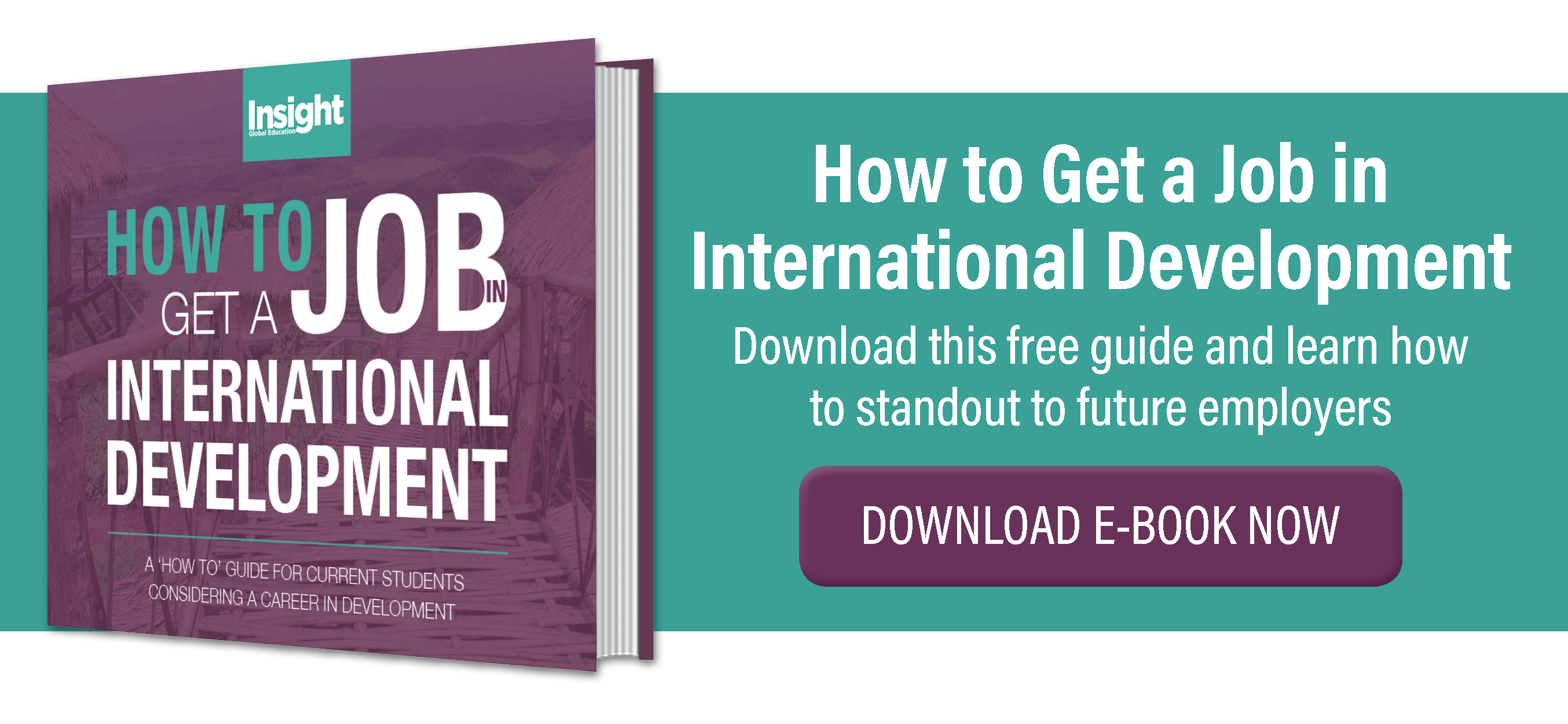We’re all familiar with the concept of culture shock. In the face of the unfamiliar, our pre-disposed values, perceptions, and ways of life are challenged. How we choose to deal with the uncomfortable feelings of culture shock can inherently change the way we view the world. But for those of us who go beyond the surface of travel, and involve ourselves deeply in a new and unfamiliar place, there inevitably comes the day when we return home.

Reverse culture shock can be more jarring and unexpected than culture shock. We never expect that our feelings of home could change. Oftentimes, we expect to snuggle back into our comfort zones and familiar routines, only to be thrown off. For the sake of simplicity, the key symptoms of reverse culture shock can be divided into the following three areas:
Idealizing Home
After feeling homesick and experiencing the frustrations of being in a new place, there’s no excitement like the one of returning home. You may have found yourself making comparisons of how things are better in your home country, especially when facing challenges abroad.
Ultimately, you could end up romanticizing what home really is, only to find that it falls short of your expectations. This can cause feelings of frustration, as you don’t feel so ‘at home’ after all.
Your Values and Routines Have Changed
As we change with our experiences, so do the things we appreciate, value, or have grown accustomed to. You might find yourself viewing your home country and the people in it more critically in comparison to how things were abroad.
For example, you may find people in Canada ‘colder’ (figuratively, though it applies literally as well) than people in Uganda, missing those random hellos and conversations with strangers. It’s also possible that you’ll miss the lifestyle of being a foreigner, especially after returning from a developing country where you might have enjoyed a higher standard of living.
Here are some other examples of things might find yourself saying or thinking:
“Why do the bars close so early?”
“I miss being independent.”
“I don’t feel as ‘special’ as I did when I was a foreigner.”
Finding Connection
Another area, and potentially the most challenging, is finding connection with people at home. You’ve changed, but, aside from a few polite conversations when you return, the people around you don’t seem to understand or care about your experiences. This can lead to feelings of alienation from your family, friends, and community.

Just as you adapted to a new country in the face of culture shock, you can also do the same with reverse culture shock. Here are some tricks to cope with reverse culture shock:
- Find healthy outlets to deal with your frustrations or to reflect on your feelings. Though you may feel alienated and like you have no one to talk to, you can still get out your thoughts on paper to work through them or vent your frustrations without reacting negatively to the people around you. You can write in a personal journal or in a blog to help you better articulate what you’re feeling.
- Give yourself, your friends, and family some time. They may not understand you right away, but be patient. It’s important to be able to talk to your friends and family, just know when to stop and ask them about how things have been while you were gone as well. Your routine will go back to normal, including your social life.
- Be open to developing new relationships with people who have experienced similar things. Seek out groups or individuals who are passionate about the things you've developed a new passion for, or who've travelled like you have.
- Reach out to people you travelled with or met while you travelled. There's a chance they're experiencing the same things as you!
- If you started new routines and activities while abroad, try to find close equivalents back home.
- Ask for help if you need it. Speak to a counsellor if your experience becomes difficult.
Reverse culture shock can be challenging, but in the end, the things you've learned while abroad will amount to priceless life lessons that you can bring home with you. Acknowledge these changes and invite them into your new routine. You've grown, learned, and now, you'll adapt too.
Looking for a new adventure abroad? Check out opportunities with Insight Global Education here.




Leave A Comment